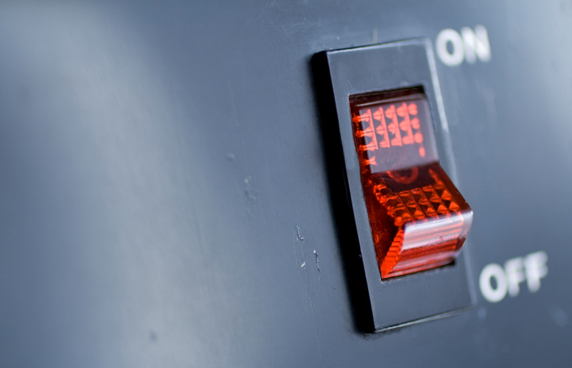Lawmakers Powering Up Energy Proposals

Development of state energy policy continues its frenetic pace on the administrative front within the Department of Energy and Environmental Protection (DEEP) and is likely to produce some related legislative activity this year—but not to the degree seen last year.
In 2011, legislators adopted Public Act 11-80 that, among many other things, created the new DEEP. This session will see mostly minor tweaks in the law.
This year’s dominant energy discussion may revolve around measures to improve Connecticut’s transmission and distribution systems to better withstand major storms like the ones the state experienced during the latter part of 2011.
Meeting the RPS
Lawmakers are also expected to consider revisions to the state’s renewable portfolio standards (RPS) which define the level of energy used in the state that must come from renewable sources. Connecticut’s standards are the toughest in the region and will place significant upward pressure on the price of electricity for many years to come.
One concept, which the business community supports, would provide additional flexibility to the state for meeting the RPS. This would be accomplished by allowing credit for some of the gains achieved through energy efficiency investments to count toward meeting the standards.
Doubling up on efficiency
A proposal being considered by the Public Utilities Control Authority (PURA) would essentially double the amount of funding for energy efficiency investment in the state.
Discussions as to where the money would come from are ongoing; one suggestion is for ratepayer increases to wholly subsidize the doubling up. Depending on the outcome of those deliberations, legislative action may or may not be required.
Clean energy
In an effort to expand Connecticut’s use of clean energy sources (such as solar, geothermal, wind, fuel cells and other technologies), the legislature is expected to consider establishing a Property Assessed Clean Energy (PACE) program.
Under this program, commercial and industrial facilities would be able to acquire clean energy technology with no up-front costs, paying back the cost through an assessment on their property tax. The payback amount would be calculated to be lower than the energy savings the facility would realize through using the clean technology.
CBIA supports this concept and hopes the legislature will expedite it this session.
For more information, contact CBIA’s Eric Brown at 860.244.1926 or eric.brown@cbia.com.
RELATED
EXPLORE BY CATEGORY
Stay Connected with CBIA News Digests
The latest news and information delivered directly to your inbox.


